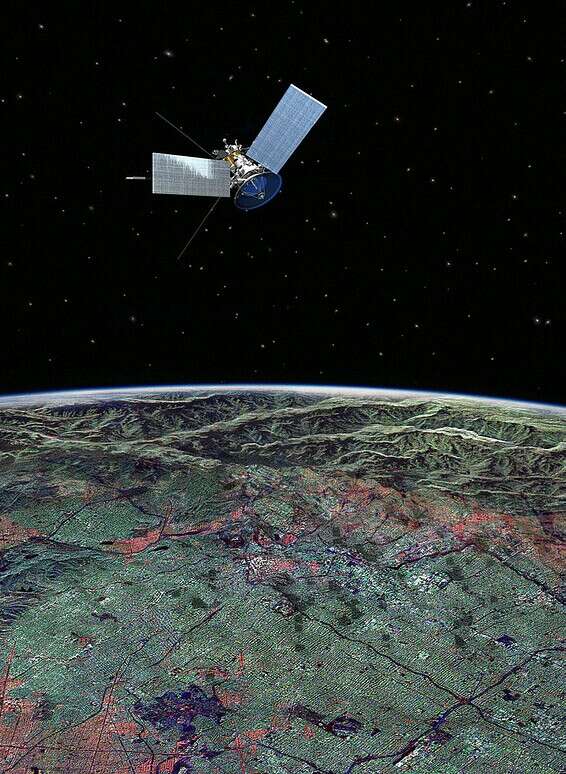"Even today the night sky is brighter than previously expected": A new study finds that satellite debris in space can damage light coming to Earth from the sun
Photo: Getty Images / iStockphoto
Our skies will not look the same:
a new study published in the Monthly Notices of the Royal Astronomical Society has found that in a few years the satellites in space will brighten the Earth's sky by 10 percent.
This means that even if astronomers - professionals and amateurs - try to observe bodies far from "light reserves" with zero light pollution, such as Ramon Crater for example, visibility will still be significantly impaired.
Unlike artificial light sources on the ground, such as street lighting that illuminates limited and specific areas, satellites, which reflect sunlight at certain hours, illuminate most of the planet.
In fact, if until recently only about 3,000 satellites were launched into space, since the launch of the Sputnik spacecraft into space in 1957, then because of the slowdown in the process, tens of thousands of satellites will be launched into space in the coming years. .
This disturbance will be not only in the visible light ranges but also in infrared light ranges and other types of light waves, until in fact the masking of the small objects in space around the Earth will severely impair space exploration.
For example, various companies such as SpaceX have received approval to launch a huge number of satellites for commercial purposes such as strengthening Internet connectivity, and only recently did the US government approve the company to launch 12,000 satellites in the coming years, with an option to launch up to 42,000 satellites.
Beyond that, the amount of satellites expected to move in low orbits around the Earth could increase by 2025 to about 18,000 who will join objects already hovering around the Earth in space, which also includes debris from past launches weighing 6,000 tons.
A new study published in the journal of the British Royal Society states that "already today the night sky is brighter than previously expected and we are approaching the threshold where this brightness will really hurt the study".
"Our main motivation was to test the potential for disturbing artificial objects in space on research observations from Earth. Our working assumption was that the impact would be marginal but surprisingly the results were completely different so we published the data," says Miroslav Kocipaj, a researcher at the Slovak Academy of Sciences and Universities. Comenius, who participated in the study.
The new publication is not the only one in the field and today in the world of research the world and various governments are also looking for ways to reduce the light reflected from the satellites in order to reduce the phenomenon.
For example, SpaceX has started a project to darken its satellites so that they will be less disturbed by observations, but in the meantime it is a partial success that has reduced the lighting of the company's satellites by 55 percent, which will not be enough in the event of a very large satellite launch.
In light of this, governments have begun to seriously discuss the processes of collecting waste from space and other methods for reducing the light returning from satellites.
Beyond that humanity will probably join enacting a law on liability for waste in space as at present there is at least no enforcement of remnants of missiles and launching parts left around the Earth, and there is no responsibility for the launcher to collect the results of its research activity in space around our blue sphere.









